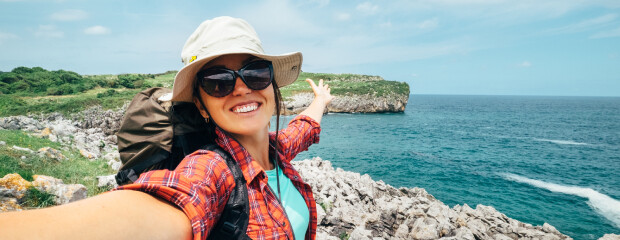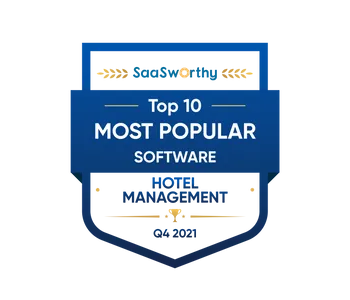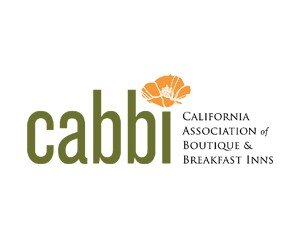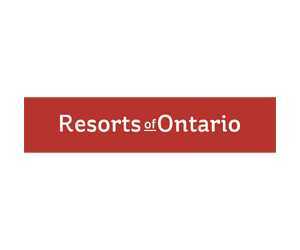If the term ‘solo travel’ conjures a vision of backpackers in a youth hostel, you may need to update your definition! While solo travel certainly attracts adventurous types, it’s no longer a niche pursuit but a movement. According to Airbnb, searches for solo travel have increased by 90% from last year, and Forbes says solo travel is one of the top trends for 2025, especially among Millennials and Gen Z travelers. The world is increasingly embracing the freedom and personal growth of venturing alone. So, how can independent hotels cater to solo travelers?
Solo travel reflects a deeper desire for autonomy, connection, and self-discovery. To truly meet the needs of these travelers, hoteliers must first understand what drives them.
The Solo Travel Surge: Why People Are Going It Alone
Solo travel simply means traveling by yourself—but the motivations behind it are anything but simple, in the sense that the reasons are so varied. Whether it’s a spiritual journey, a mental health reset, or just a long-awaited bucket list trip, today’s solo travelers are driven by a desire to experience the world on their own terms.
Some are working remotely and seizing the chance to travel while they can.
Some are pairing business with leisure, tacking solo side-trips onto work or family visits.
Others are couples taking separate getaways to honor different interests or schedules.
What they all have in common is a craving for flexibility, freedom, and deeply personal experiences—often away from the crowds.
According to CNBC, nearly 50% of travelers say their next trip is to fulfill a dream or tick off a bucket list destination. And 63% are eyeing off-the-beaten-path locations over traditional tourist hubs.
For independent hoteliers, that means designing stays and crafting packages that reflect those motivations, whether that’s through partnerships with local experiences, specialist retreats like meditation or writing workshops, or personalized itineraries that spark joy.
Understanding the mindset is the first step. With the right tools—like a smart property management system that helps personalize service and streamline guest touchpoints—hoteliers can deliver exactly what today’s solo travelers are looking for.
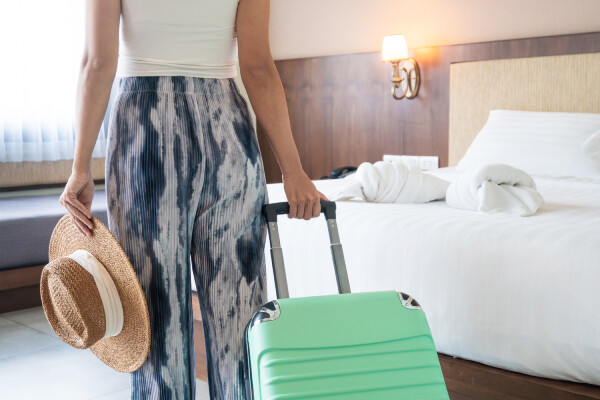
Why Solo Travelers Matter to Independent Hotels
Independent hotels have a golden opportunity here. Unlike big hotel chains, they can pivot faster, experiment more, and cultivate a stronger sense of community—key factors in attracting solo travelers.
Higher Per-Person Spend – Solo travelers might not split the bill, but they tend to splurge on unique experiences, premium dining, and personalized services.
Off-Peak Bookings – Families book in summer. Couples travel on holidays. Solo travelers? They go whenever they want, filling those mid-week and shoulder-season gaps.
Loyalty & Return Stays – The potential for nurturing repeat bookings and guest loyalty is huge with this guest segment. Once a solo traveler finds a hotel that “gets” them, they’ll come back again and again. And maybe next time, they’ll bring friends.
Marketing Goldmine – Solo travelers, particularly Millennials and Gen Z, document their journeys obsessively. This means organic, user-generated marketing that no hotel could buy.
A Future-Proof Strategy – As an independent hotelier, future-proofing your property is always top of mind. And this guest segment is certainly one to watch! With solo travel projected to grow at 9.1% annually through 2030, hotels that adapt now will reap the benefits later.
Creating an Exceptional Solo Travel Experience
Design Spaces for Solo Guests – Solo travelers want spaces that strike a balance between comfort, functionality, and social opportunity. Thoughtful hotel design should cater to their needs:
- Comfortable Common Spaces – Beyond the lobby, create lounges, co-working areas, and outdoor retreats where solo travelers can unwind or connect with others.
- Comfortable In-Room Spaces – Whether guests are introverts or simply seeking alone time, in-room spaces must meet expectations, too!
- Solo Dining Experiences – Many travelers fear eating alone. Design restaurant spaces with bar seating, communal tables, or themed dinner events to make solo dining feel natural.
- Wellness & Retreat Offerings – From yoga decks to meditation rooms, hotels can provide solo travelers with the perfect setting for wellness experiences.

Offer Personalized & Social Experiences – Solo travelers seek authentic, engaging experiences. Hotels can stand out by curating tailored offerings:
- Experiential Packages – Guided hikes, art workshops, surf lessons… unique experiences make a hotel stay unforgettable. Ensure your hotel packages include solo options!
- Solo Traveler Social Hours – Low-pressure events like wine tastings, group tours, or rooftop meetups encourage solo guests to connect organically.
- Personalized Concierge Services – Customized itineraries based on solo travelers’ interests and activity bookings can elevate their stay.
Enhance Safety & Convenience – For solo travelers, safety is a top priority. Hotels can foster a sense of security with:
- Well-Lit Pathways & Secure Entrances – Ensuring that guests feel safe at all hours.
- Mobile Keys and 24/7 Guest Messaging – Offering seamless and secure access to rooms and mobile assistance whenever needed.
- Smart PMS Integration – Using your property management system (PMS) to streamline communication, securely manage guest records, and store solo traveler preferences for future stays.
Market to the Solo Travel Community – To attract solo travelers, hotels need to highlight what makes their property solo-friendly. Effective marketing strategies include:
- Telling Real Solo Traveler Stories – Featuring guest testimonials and solo travel experiences in hotel marketing.
- Social Media & Influencer Collaborations – Partnering with travel bloggers and influencers who cater to solo travelers.
- Flexible Pricing Strategies – Offering discounts or perks tailored to solo travelers, making them feel valued.
The Future of Solo Travel & Independent Hotels
Solo travelers and independent hoteliers share a common spirit—both value autonomy, flexibility, and the ability to create their own path. Just as a solo traveler embraces the unknown, an independent hotelier takes risks, builds something unique, and carves out a space that stands apart from the big chains. Understanding this parallel can help hoteliers connect with solo guests on a deeper level.
But independence doesn’t mean going it alone. Just as solo travelers rely on maps, travel guides, and digital communities for support, independent hotels have their own ally: a smart Property Management System (PMS). A well-integrated PMS like WebRezPro acts as a hotel’s backbone, helping to manage bookings, enhance guest experiences, and streamline operations so that staff can focus on what really matters—providing exceptional hospitality.
